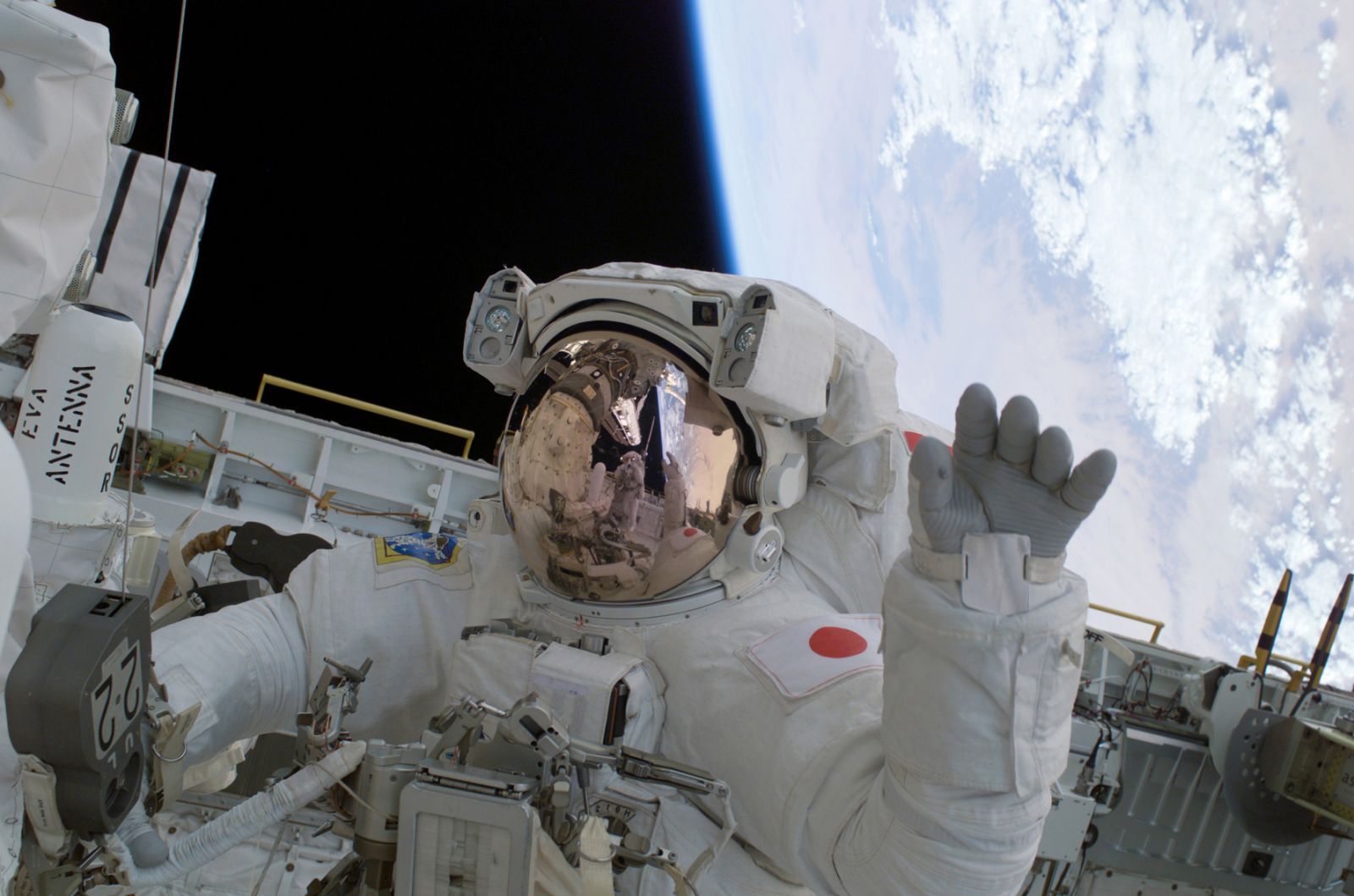Follow us on Google News (click on ☆)
The groundbreaking study, led by a researcher from McGill University in collaboration with University College Dublin, NASA's GeneLab database, and an international consortium, provides the most detailed portrait to date of the impacts of space travel on gut flora.

Image Wikimedia
Published in *npj Biofilms and Microbiomes*, the study focuses on the changes that took place over three months in the gut microbiome, colon, and liver of mice aboard the International Space Station, and is based on cutting-edge genetic technologies.
The study's authors observed significant variations in certain gut bacteria, which correlated with changes in the liver and gut genes of the mice, suggesting that spaceflight could suppress the immune system and alter metabolism. According to the researchers, this is a breakthrough in understanding the possible effects of long-term space missions on astronaut health.
"Spaceflight has significant effects on astronauts' bodies, but we don't yet fully understand all the mechanisms. The advanced technologies we used to simultaneously study gut bacteria and genes are allowing us to identify patterns that could explain these changes and lead to the development of preventive measures for future missions," said Emmanuel Gonzalez, lead author of the study and microbiome bioinformatics specialist at McGill University's Microbiome Research Center and at the Canadian Center for Computational Genomics.
The study is part of a Nature Portfolio special collection titled *The Second Space Age: Omics, Platforms, and Medicine across Space Orbits*, and represents the largest publication to date on discoveries in space biology.
The researchers state that their findings could contribute to the success of future space missions, whether aimed at establishing a long-term presence on the moon or sending humans to Mars.
Health implications on Earth
The results also apply to the health of people who will never leave our planet, explains Nicholas Brereton, chief author of the study and professor at University College Dublin.
"These discoveries highlight the critical link between gut bacteria and overall health, particularly in terms of how the body manages energy and metabolism. It's crucial to understand the effects of spaceflight on this delicate balance, and not only for astronaut health: this understanding could also lead to medical breakthroughs here on Earth," he said.
The research was initiated by NASA's GeneLab Analysis Working Group for Microbes. GeneLab is funded by NASA's Space Biology Program (Science Mission Directorate, Biological and Physical Sciences Division).
The article "Spaceflight alters host-gut microbiota interactions," by Gonzalez, E. et al., was published in August 2024 in npj Biofilms and Microbiomes. DOI: 10.1038/s41522-024-00545-1